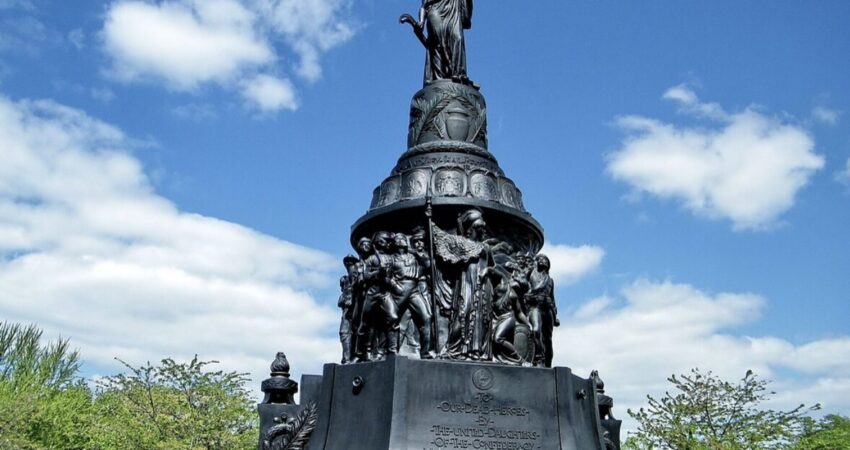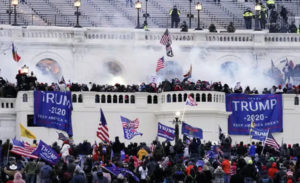Amid a contentious debate over historical monuments and their ties to the past, a federal judge, Rossie Alston, has issued a temporary restraining order blocking the removal of the Reconciliation Monument, also known as the Confederate Memorial, from Arlington National Cemetery. This order came in response to a lawsuit filed by the Defend Arlington group, arguing that the memorial’s removal could harm the graves of Confederate soldiers surrounding it.
The decision to remove the Reconciliation Monument, dating back to 1914 and situated within a section of the cemetery dedicated to Confederate soldiers, followed the establishment of a congressional commission in 2021 tasked with evaluating Confederate links on federal properties. However, Judge Alston’s restraining order specifically prohibits any actions aiming to deconstruct, tear down, remove, or alter the monument pending further legal proceedings.
Defend Arlington, opposing the memorial’s removal, contends that its dismantling would violate the law and potentially damage the long-standing historical significance of the monument. The lawsuit emphasizes that removal might compromise the memorial’s eligibility for listing on the National Register of Historic Places, potentially desecrating its role as a grave marker.
Designed by the renowned Jewish American sculptor Moses Ezekiel, the monument occupies a central place among the graves of Confederate soldiers and symbolizes reconciliation in the aftermath of a war that inflicted immense casualties on both sides, leading to devastating consequences in the South. Referencing Isaiah 2:4, a biblical verse that advocates for peace and restoration post-war, the monument stands as a poignant reminder of the nation’s efforts to heal from the trauma of conflict.
Critics, including a group of House Republicans led by Rep. Andrew Clyde, have voiced opposition to the removal, arguing that the monument’s purpose centers on promoting unity and reconciliation, rather than honoring the Confederacy. These legislators maintain that the Reconciliation Monument signifies national harmony and should be preserved as a testament to the country’s journey toward reconciliation after the Civil War.





